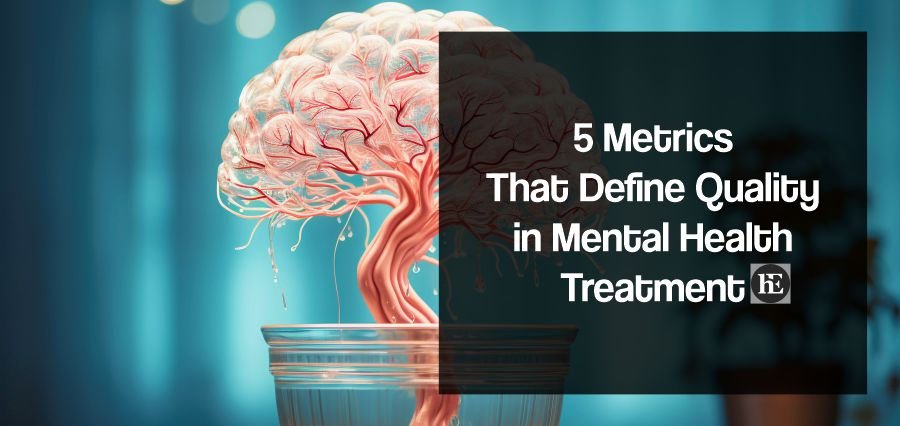The Transformative Power of Technology in Healthcare
The Transformative Power of Technology in Healthcare
In a world where technological advancements are reshaping almost every aspect of our lives, it’s no surprise that healthcare is also experiencing a significant transformation. From AI-powered diagnostics to telemedicine, technology is revolutionizing how we approach healthcare, promising a future where medical services are more efficient, accessible, and personalized.
Enhanced Patient Care Through Telemedicine
Telemedicine has emerged as a game-changer in the healthcare landscape, especially in remote areas where access to healthcare facilities is limited. Through video calls, remote monitoring devices, and mobile apps, patients can now consult with healthcare professionals from the comfort of their homes. This not only saves time and money but also eliminates the need for unnecessary travel, particularly beneficial for individuals with mobility issues or chronic conditions.
Improving Diagnosis and Treatment with Artificial Intelligence
Artificial Intelligence (AI) is revolutionizing the way medical professionals diagnose and treat diseases. Machine learning algorithms can analyze vast amounts of medical data, including patient records, imaging scans, and genetic information, to identify patterns and make accurate predictions. This has led to earlier detection of diseases, more precise diagnoses, and personalized treatment plans tailored to each patient’s unique needs.
Empowering Patients with Wearable Technology
Wearable devices, such as fitness trackers and smartwatches, are not just trendy gadgets; they’re also valuable tools for promoting health and wellness. These devices can monitor vital signs, track physical activity, and even detect irregularities in heart rhythm. By empowering individuals to take control of their health and stay proactive, wearable technology has the potential to prevent diseases and encourage healthier lifestyles.
Streamlining Healthcare Operations with Electronic Health Records
Gone are the days of paper-based medical records that are prone to errors and inefficiencies. Electronic Health Records (EHRs) have digitized patient information, making it easily accessible to healthcare providers across different settings. This seamless exchange of data ensures continuity of care, reduces duplication of tests, and enables more coordinated and efficient healthcare delivery.
Fostering Collaboration and Knowledge Sharing
Technology has facilitated unprecedented collaboration among healthcare professionals worldwide. Through online platforms and virtual conferences, doctors and researchers can share knowledge, exchange best practices, and collaborate on groundbreaking research projects. This global network of expertise accelerates medical advancements and ensures that the latest innovations reach patients in every corner of the globe.
Investing in Research and Development
The transformative impact of technology in healthcare is a result of continuous investment in research and development. Governments, healthcare organizations, and tech companies are allocating resources to explore new frontiers in medical technology, from gene editing and regenerative medicine to virtual reality therapies and nanotechnology. By fostering innovation and supporting groundbreaking research initiatives, we can unlock new possibilities for disease prevention and treatment and, ultimately, enhance the quality of life for millions around the globe.
Empowering Patients through Health Education and Digital Literacy
In the digital age, promoting health literacy and digital literacy go hand in hand. As technology becomes increasingly integrated into healthcare delivery, it’s essential to ensure that patients are equipped with the knowledge and skills to navigate digital health tools effectively.
Health education programs and initiatives aimed at improving digital literacy empower individuals to make informed decisions about their health, engage with healthcare providers more effectively, and take advantage of the myriad benefits that technology offers in managing their well-being.
By investing in education and digital empowerment, we can bridge the digital divide and empower patients to become active participants in their healthcare journey, driving positive health outcomes for themselves and their communities.
Ensuring Data Security and Privacy
While the benefits of technology in healthcare are undeniable, it’s crucial to address concerns about data security and patient privacy. With the increasing digitization of medical records and the use of AI algorithms, safeguarding sensitive information is paramount. Healthcare organizations must implement robust cybersecurity measures and adhere to strict privacy regulations to protect patient data from breaches and unauthorized access.
Conclusion
As technology continues to evolve at a rapid pace, the future of healthcare holds immense promise. From telemedicine and AI-powered diagnostics to wearable devices and electronic health records, technological innovations are revolutionizing every aspect of the healthcare industry. By embracing these advancements and harnessing the power of technology, we can create a future where healthcare is more accessible, efficient, and personalized than ever before. Together, let’s pave the way for a healthier and brighter tomorrow.
In summary, technology is transforming the future of healthcare by enhancing patient care, improving diagnosis and treatment, empowering individuals, streamlining operations, fostering collaboration, and ensuring data security and privacy. Let’s embrace these innovations and work towards a healthier and more equitable healthcare system for all.
Latest Article
-
 Fenugreek Benefits and Uses: Blood Sugar, Hair, Hormones GuideArticle
Fenugreek Benefits and Uses: Blood Sugar, Hair, Hormones GuideArticle -
 11 Questions Life Coaches Ask That Change How You ThinkArticle
11 Questions Life Coaches Ask That Change How You ThinkArticle -
 8 Real Benefits of Life Coaching That Go Beyond MotivationArticle
8 Real Benefits of Life Coaching That Go Beyond MotivationArticle -
 Blaze Schwaller: For Every Person Who Has Ever Felt Too Much, Too FastArticle
Blaze Schwaller: For Every Person Who Has Ever Felt Too Much, Too FastArticle -
 5 Metrics That Define Quality in Mental Health TreatmentArticle
5 Metrics That Define Quality in Mental Health TreatmentArticle
